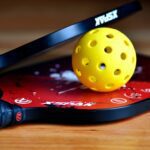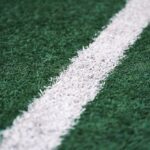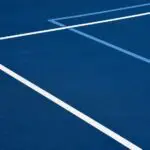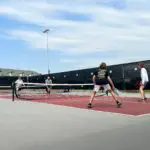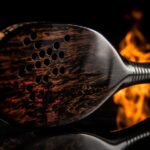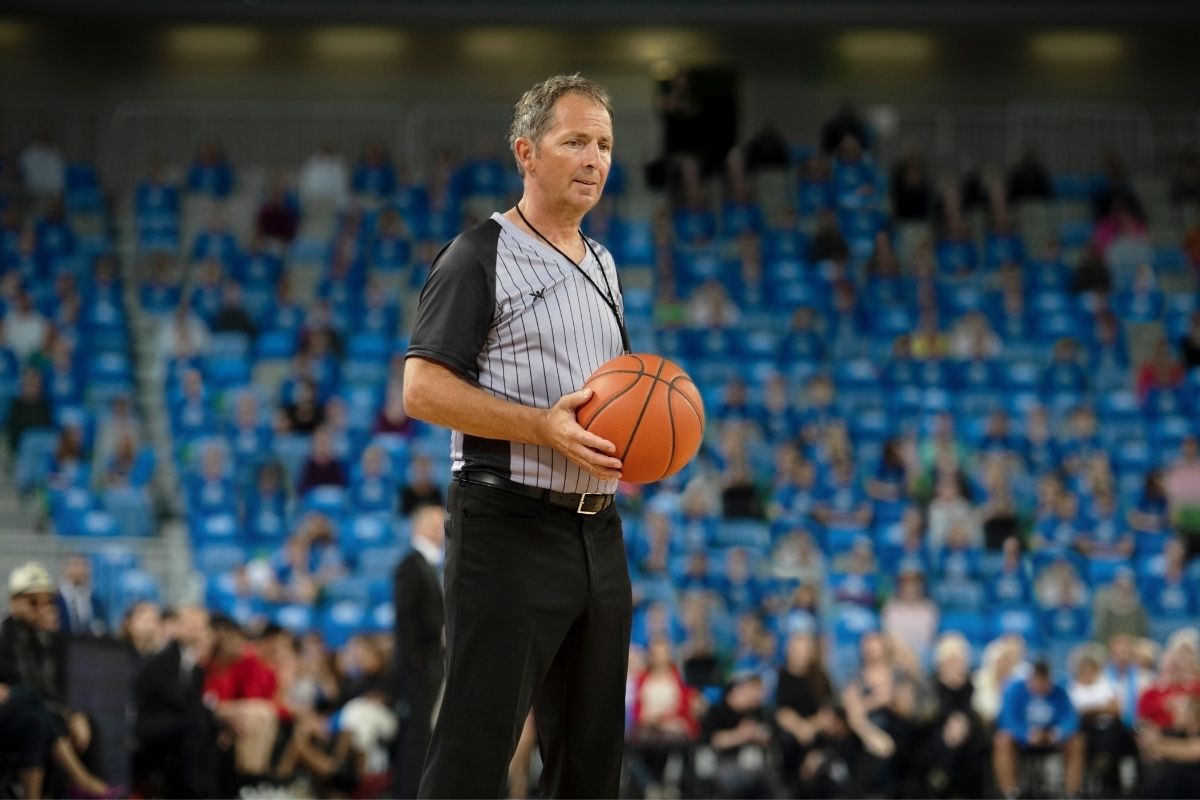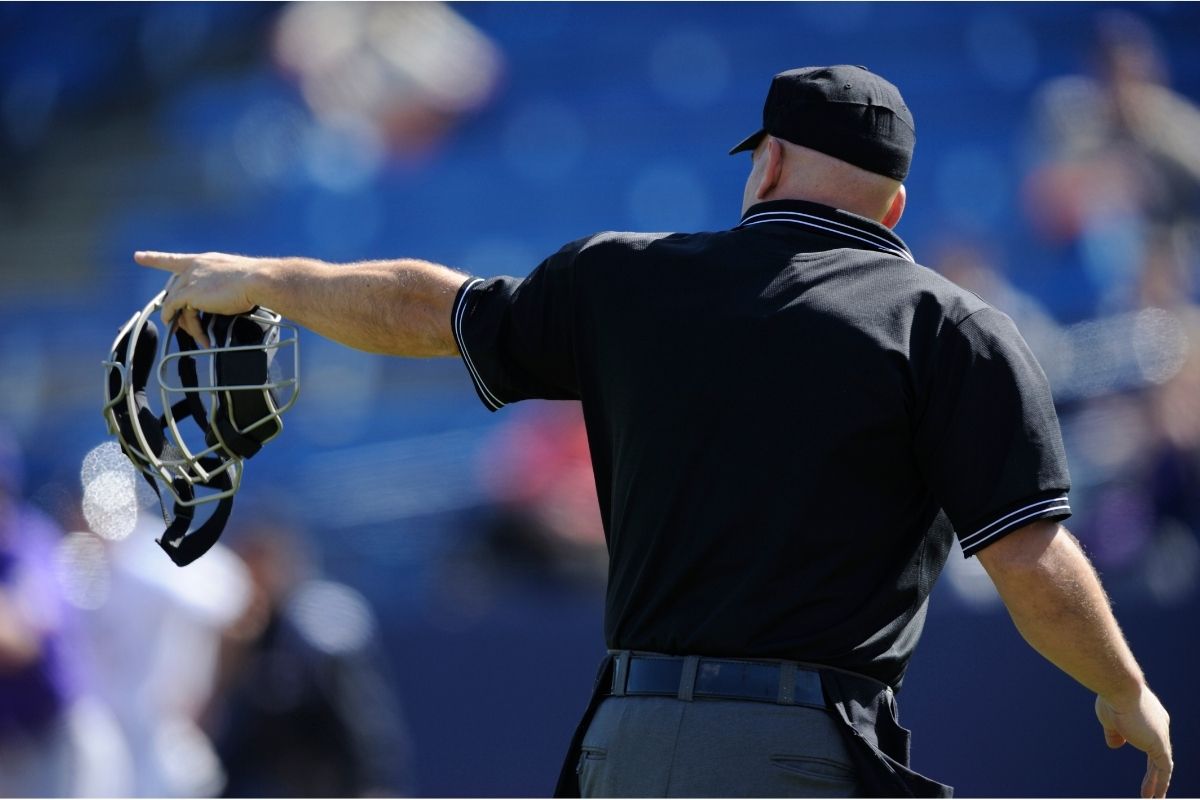Pickleball has become popular in recent years, enjoyed by people of all ages. As with any sport, equipment wear and tear is a concern for players. One of the most commonly asked questions is whether pickleballs wear out over time.
Pickleballs are made of plastic and have a unique design that allows them to bounce and spin in a specific way. While they are durable and can withstand regular use, they can wear out over time. The amount of wear and tear depends on how often they are used and the playing surface. Players may notice the balls becoming softer or losing bounce, making them less effective during play.
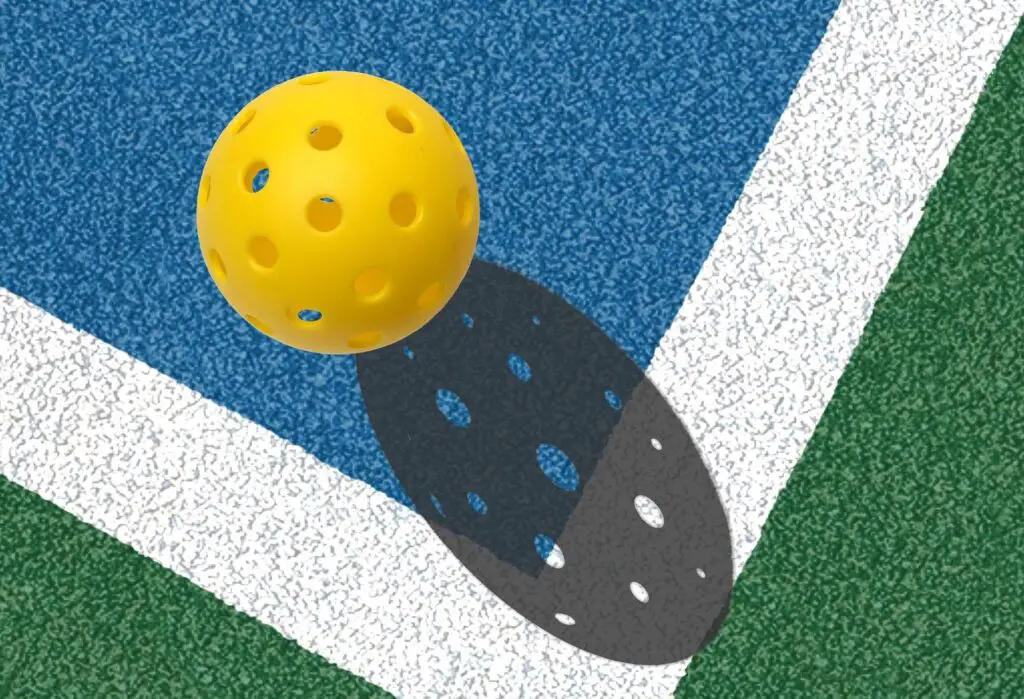

Understanding the lifespan of pickleball balls is important for players who want to ensure they have the best equipment possible. It is also important for those who organize tournaments or leagues to know when to replace balls. In the following sections, we will explore the factors contributing to pickleball wear and tear and provide tips for extending the lifespan of your balls.
Do Pickleballs Wear Out?
Pickleball is a fun and exciting game requiring much control and skill. The game is played with a plastic ball, a pickleball, and hit back and forth over a net using paddles. One question often arises among pickleball players is whether or not pickleballs wear out over time.
Factors Affecting the Wear and Tear of Pickleballs
Several factors affect the wear and tear of pickleballs. One of the most significant factors is the surface on which the game is played. Outdoor pickleballs tend to wear out faster than indoor pickleballs because they are exposed to more elements, such as sunlight, wind, and rain. The surface on which the game is played also affects the wear and tear of the ball. Rough surfaces, such as concrete or asphalt, can cause the ball to wear out faster than smoother surfaces, such as wood or gym floors.
Another factor that affects the wear and tear of pickleballs is the material from which they are made. Pickleballs made from softer materials tend to wear out faster than those made from harder materials. Additionally, heavier balls tend to wear out faster than lighter balls because they experience more impact when they hit the ground.
How Long Do Pickleballs Last?
The lifespan of a pickleball relies on several factors, including the frequency of use, the surface on which it is played, and the material from which it is made. A pickleball can last anywhere from a few weeks to several months. However, it is essential to note that pickleball balls should be replaced when they show signs of wear and tear, such as cracks or dents.
In conclusion, pickleball balls wear out over time, but the rate at which they wear out depends on several factors, including the surface on which the game is played, the material from which the ball is made, and the frequency of use. Pickleball players should replace their balls when they show signs of wear and tear to ensure they are playing with a ball that provides consistent weight and bounce.
Factors Affecting the Wear and Tear of Pickleballs
Pickleball is a game that requires control and precision. The ball is the most important equipment in the game, and it can affect the outcome. The lifespan of pickleballs is an important consideration for players, as they need to replace them regularly.
Material of Pickleballs
The material of pickleballs is a significant factor that affects their lifespan. Most pickleballs are made of plastic, which can wear out over time. The ball’s weight, bounce, and hardness can also affect its durability. Heavier and harder balls tend to last longer than lighter and softer ones.
Indoor vs. Outdoor Pickleballs
Indoor and outdoor pickleballs are designed differently to suit their respective playing surfaces. Outdoor pickleballs are more durable and have larger holes to withstand the wind and elements. Indoor pickleballs have smaller holes and are noisier, making them suitable for gym floors.
Quality of Pickleballs
The quality of pickleballs can vary depending on the brand and manufacturer. USAPA-approved balls, such as Dura Fast 40, are known for their durability and consistency. Top brands like Onix and Tourna also produce high-quality balls that last longer.
Care and Maintenance of Pickleballs
Proper care and maintenance can extend the lifespan of pickleballs. Players should store their balls in a cool, dry place and avoid exposure to extreme temperatures. They should also inspect their balls regularly for cracks, larger holes, or dents. A ball should be replaced with a new one if it is damaged.
In conclusion, the lifespan of pickleballs depends on various factors, including the material, indoor vs outdoor use, quality, and care. Players should choose high-quality balls that suit their playing surface and store them properly to ensure they last longer.
How Long Do Pickleballs Last?
Pickleballs are an essential part of the game of pickleball, and players often wonder how long they will last. The lifespan of a pickleball depends on several factors, including its material, the playing surface, and how often it is used.
Most pickleballs are made of plastic, a durable material that can withstand the wear and tear of the game. However, the ball can wear out over time and lose its bounce. The lifespan of a pickleball can vary from a few weeks to several months, depending on how often it is used and the quality of the ball.
Outdoor pickleballs tend to wear out faster than indoor pickleballs because they are exposed to elements like wind, rain, and heat. The pickleball playing surface can also affect the lifespan of a pickleball. Concrete and asphalt surfaces are harder than gym floors or grass surfaces on the ball.
The weight and size of the ball can also affect its lifespan. Heavier and harder balls tend to last longer than lighter and softer balls. Additionally, balls with larger holes are more prone to cracking and wearing out faster than balls with smaller holes.
Players should replace their pickleballs when they show signs of wear and tear, such as larger holes, cracks, or dents. Using worn-out balls can affect the control and bounce of the ball, which can impact the game.
In general, pickleballs can last from a few weeks to several months, depending on the abovementioned factors. It is essential to take care of the balls and store them properly to ensure they last as long as possible. Players should also consider the quality of the ball, as higher-quality balls tend to last longer and provide better performance.
Overall, the lifespan of a pickleball depends on several factors, and it is up to the player to determine when it is time to replace the ball with a new one.
- Can You Play Pickleball on Grass? Tips and Tricks - June 12, 2023
- Do Pickleballs Wear Out? Everything You Need to Know - June 12, 2023
- Can You Play Pickleball on Concrete? A Guide to Playing on Hard Surfaces - June 12, 2023

